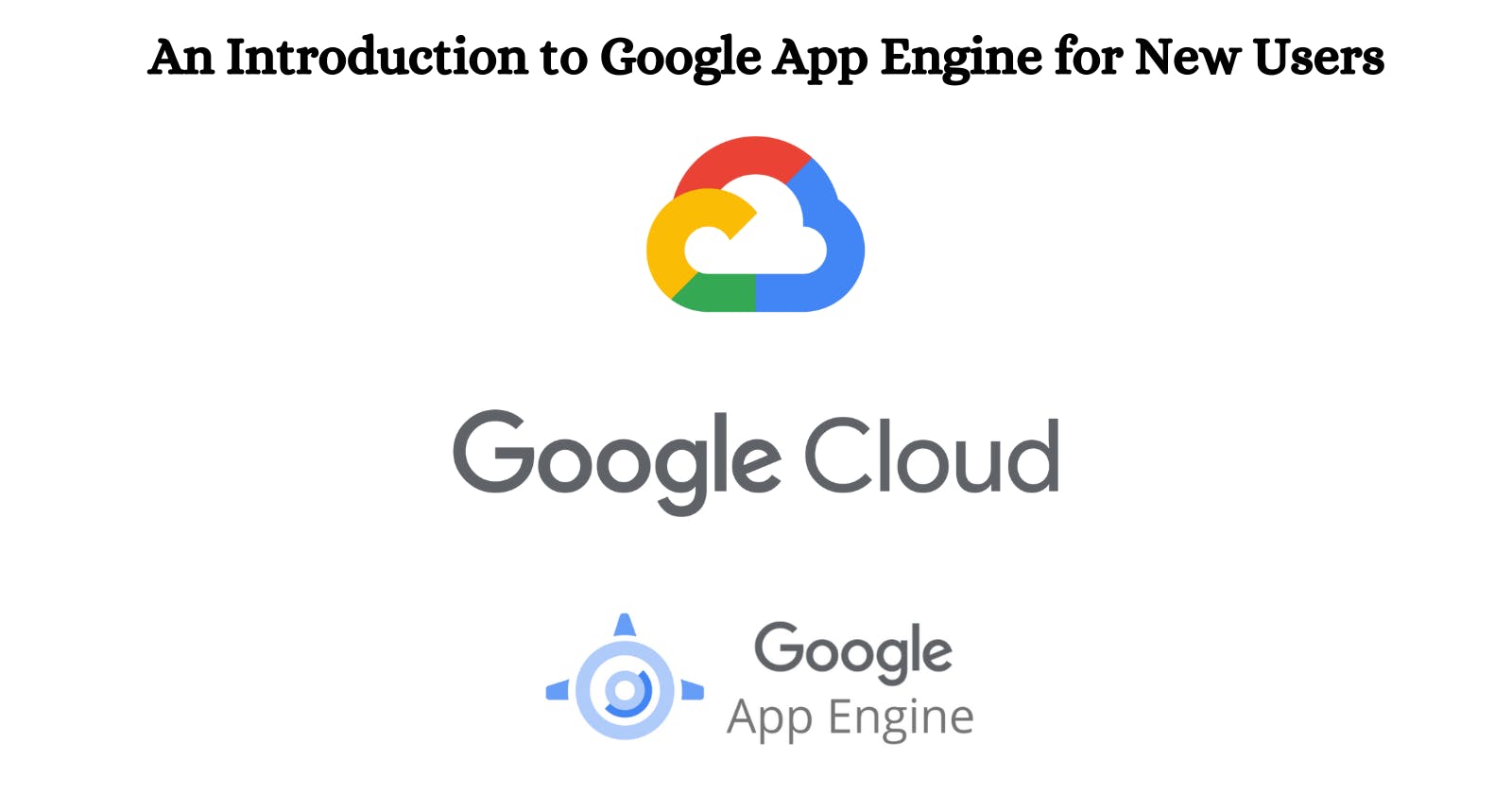Table of contents
In today's fast-paced digital landscape, businesses are increasingly turning to cloud computing solutions to power their applications and services. Google Cloud's App Engine is a powerful Platform as a Service (PaaS) offering that allows developers to focus on writing code without worrying about infrastructure management. In this article, we will delve deeply into Google App Engine, examining its features, benefits, and use cases.
Overview of Google App Engine:
Google App Engine helps developers build and start apps without dealing with infrastructure. It simplifies infrastructure management, letting developers focus on coding and creating new solutions. Google App Engine is versatile and reliable, suitable for various purposes. It also has a standard environment with some restrictions compared to the flexible environment.
Reference:
Google App Engine documentation: cloud.google.com/appengine
Language and Runtime Support:
Google App Engine works with many programming languages like Python, Java, Node.js, Go, and PHP. Each language has its special environment, making it easy for developers to pick the best one for their app. These environments are safe and work well for running apps.
Reference:
Scalability and High Availability:
Google App Engine easily adjusts to different amounts of traffic. It changes size on its own, so apps work well and don't cost too much. Google's system makes sure apps are always available and work smoothly for users.
Reference:
Data Storage and Persistence:
Google App Engine has many ways to store and keep data. Cloud Datastore is a big NoSQL database for saving and getting data easily. Cloud Firestore is a flexible NoSQL database with real-time updates and offline features. Cloud SQL provides managed databases (MySQL and PostgreSQL) for apps needing SQL-based storage.
Reference:
Security and Compliance:
Google focuses on security and compliance in App Engine. It has strong safety features to guard apps and data. This includes encrypting data, controlling access based on roles, and frequent security checks. App Engine follows rules like ISO, SOC, and HIPAA.
Reference:
- Google Cloud security and compliance: cloud.google.com/security
Integration with Google Cloud Services:
Google App Engine easily connects with other Google Cloud services, letting developers use more features. It works with services like Google Cloud Storage for storing and getting big files and media. Cloud Pub/Sub offers messaging and event-based abilities, and Cloud Functions lets developers create serverless functions that react to events.
Reference:
Google Cloud Storage documentation: cloud.google.com/storage
Development and Deployment Workflow:
Developers can easily make and launch apps on Google App Engine with many tools and services. The Cloud SDK has a command-line tool for handling and launching apps. Cloud Build helps with non-stop integration and deployment, making automatic build and deployment possible. Cloud Source Repositories offer a way to control and manage source code.
Reference:
Google Cloud SDK documentation: cloud.google.com/sdk
Cloud Source Repositories documentation: cloud.google.com/source-repositories
Monitoring, Logging, and Debugging:
Google App Engine has tools for watching, recording, and fixing problems to understand app performance and fix issues. Google Cloud Monitoring gives instant alerts, while Stackdriver Logging manages logs in one place. Stackdriver Debugger lets you fix apps on App Engine without affecting users.
Reference:
Google Cloud Monitoring documentation: cloud.google.com/monitoring
Stackdriver Debugger documentation: cloud.google.com/debugger
Use Cases and Success Stories:
Google App Engine helps many businesses in different fields. It's used for making web and mobile apps, API backends, small services, and handling data. Companies like Snapchat and Khan Academy use it to create dependable, large-scale apps.
Reference:
- Google Cloud customer success stories: cloud.google.com/customers
Conclusion: Google App Engine makes it easy for developers to create and launch apps using Google Cloud's strong infrastructure. It has many features, works well with other Google Cloud services, and is secure, making it a good choice for businesses big and small. App Engine takes care of the hard parts of managing infrastructure, so developers can concentrate on writing code and creating new solutions.
